detail profile luisa pardo
Peran Yang Di Mainkan Luisa Pardo
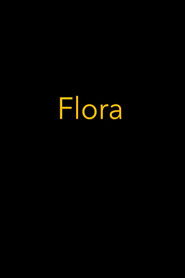 A metacinematic reflection on the nature...
A metacinematic reflection on the nature...Flora 2022
A metacinematic reflection on the nature of representation and the ongoing drug war in Mexico, Nicolás Pereda’s Flora revisits locations and scenes from the mainstream 2010 narco-comedy El Infierno, exploring the paradoxes of depicting narco-trafficking on film—its tendency both to romanticize and to obscure. To screen is both to project and to conceal.
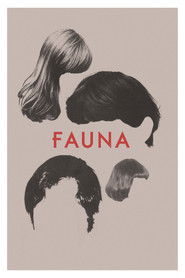 Luisa and Gabino visit their parents...
Luisa and Gabino visit their parents...Fauna 2021
Luisa and Gabino visit their parents in a mining town in the north of Mexico. Their father’s only interest in them is sparked by Luisa’s actor boyfriend when he acts out the role of a narco kingpin. To cope with family tensions, Gabino imagines a parallel reality of detectives and organized crime.
 Made for the Venice Film Festivals 70...
Made for the Venice Film Festivals 70...Venice 70: Future Reloaded 2013
Made for the Venice Film Festival's 70th anniversary, seventy filmmakers made a short film between 60 and 90 seconds long on their interpretation of the future of cinema.
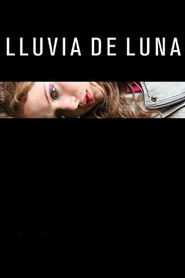 Moon Rain Sometimes when the moon...
Moon Rain Sometimes when the moon...Lluvia de luna 2012
"Moon Rain" - Sometimes, when the moon is favourable and a mother is driven by a deep desire, she can pronounce the words given to enable the soul of her daughter out of limbo and ronde on Earth, as when she was alive. The spell is immediate and, in seconds, there is magic. The girl who has revived can fulfill her greatest wish and then return pleased the world of the dead and finish with the pain of thebroken dreams that left her death.
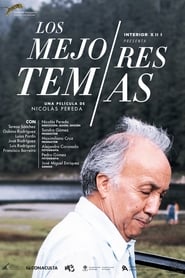 When Gabinos father returns home after...
When Gabinos father returns home after...Greatest Hits 2012
When Gabino's father returns home after a long absence, the two men awkwardly attempt to re-establish a relationship; but Gabino and his mother quickly tire of this man who has become a stranger to them and decide to kick him out, before realizing that he has already left. Gabino eventually tracks his father down and spends time with him in his rundown apartment, trying to figure out if there is any possibility for the two of them to ever truly communicate. Though Greatest Hits continues Pereda's exploration of his perennial themes of absence, masculinity and the difficulty of maintaining a family, it opens up a whole new set of aesthetic questions through a bold formal gambit: halfway through, the entire narrative reboots and starts from scratch with another actor playing one of the key characters, leading to different iterations of events already witnessed.
 Luisa a 25yearold woman addicted to...
Luisa a 25yearold woman addicted to...Paraísos artificiales 2011
Luisa, a 25-year-old woman addicted to chiva (heroin), travels to a beach in the coastal State of Veracruz with the idea of quitting the drug once she gets there. Luisa eventually grows ties with the locals and in particular with Salomon, a 65-years-old peasant in whom she thinks to have found the aid she needs to fulfill her goal.
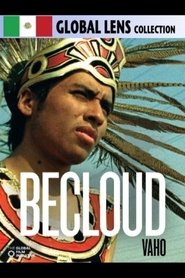 Alejandro Gerber Biceccis Vaho Becloud tells...
Alejandro Gerber Biceccis Vaho Becloud tells...Becloud 2010
Alejandro Gerber Bicecci's "Vaho" (Becloud) tells the story of three childhood friends, Andres, Felipe, and Jose, and their lives in a dusty, run down corner of Mexico City. The boys were inseparable until they witnessed a tragedy that haunts them to the present day. The tragedy shaped each boy differently, and had a profound effect on their lives.

 Three friends a trio in love...
Three friends a trio in love...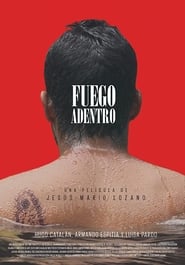 A lonely and repentant man hides...
A lonely and repentant man hides...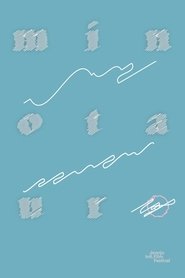 Minotaur takes place in a home...
Minotaur takes place in a home...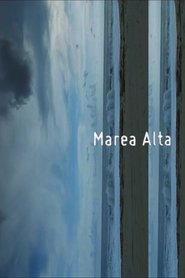 A young woman in love finds...
A young woman in love finds...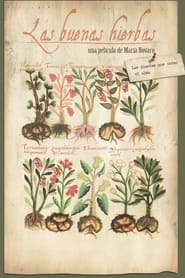 A young woman has to deal...
A young woman has to deal...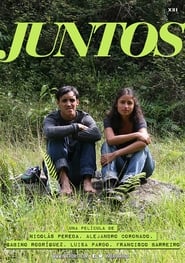 Gabino Luisa and Paco share a...
Gabino Luisa and Paco share a...